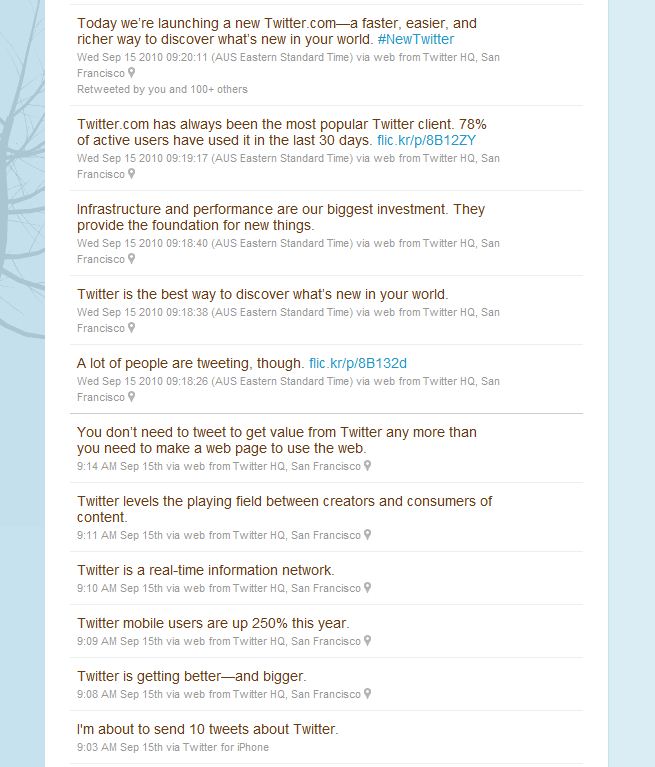
Groupon is one of the most profitable and definitely one of the fastest-growing internet businesses. But it is not operational in Australia under its globally recognisable brand because of a dispute.
groupon.com is a website where you visit, enter your locality, and receive an 'offer of the day'. This deal can also be emailed to you.
Providers of the deals range from corner stores to major retail and service chains. They know that Groupon has massive reach, therefore they offer a significant discount, expecting large 'group buying' to ensue. And it often does.
Groupon accept a share of all sales, and have pocketed a reported US$800million over the last year. The company also reportedly rejected a US$6billion offer from Google.
A representative recently revealed in a Groupon blog that the reason they are not operational in Australia, in their most typical form, is because of
'domain squatters' owning the domain name groupon.com.au. Moreover, the same individuals have a Groupon 'clone' website (
scoopon.com.au) and have registered the Groupon Trademark in Australia days before the real Groupon people acted to do the same.
Groupon, in all their wisdom, offered US$286,000 to Messrs Gabby and Hezi Leibovitch (the brothers who own Scoopon, Groupon.com.au and the Groupon Trademark in Australia). In exchange, Groupon wanted the domain name and the Trademark. The Leibovitches agreed. Now they have changed their minds and apparently want to sell Scoopon as part of the deal.
Groupon have now started trading in Australia under another name and website:
stardeals.com.au. They have also begun legal action against the Scoopon people.
Despite this, they say that the US$286,000 offer is still on the table.
I feel for Groupon.
Domain Squatters and people who deliberately go out of their way to ride on the back of growing enterprises like Groupon for a quick buck should not be condoned. It is not best practice, yet it is very prominent in the web industry.
I also criticise Groupon for offering this duo money in the first place.
If the Leibovitches broke the law, and Groupon want to criticise them for doing that, they cannot simultaneously offer them a reward for the alleged illegal act.
It is rewarding the perpetrator and it is sending mixed messages to potential supporters about what you really stand for.
Does Groupon stand for business legitimacy and doing no evil? Or does Groupon cave for the sake of a quicker resolution to a trademark dispute and .com.au domain name?
The fact that Groupon's representative stated that the US$286,000 is STILL on the table for the men they call 'domain squatters' is wrong.
Make a stand. Or don't. But don't do both!













